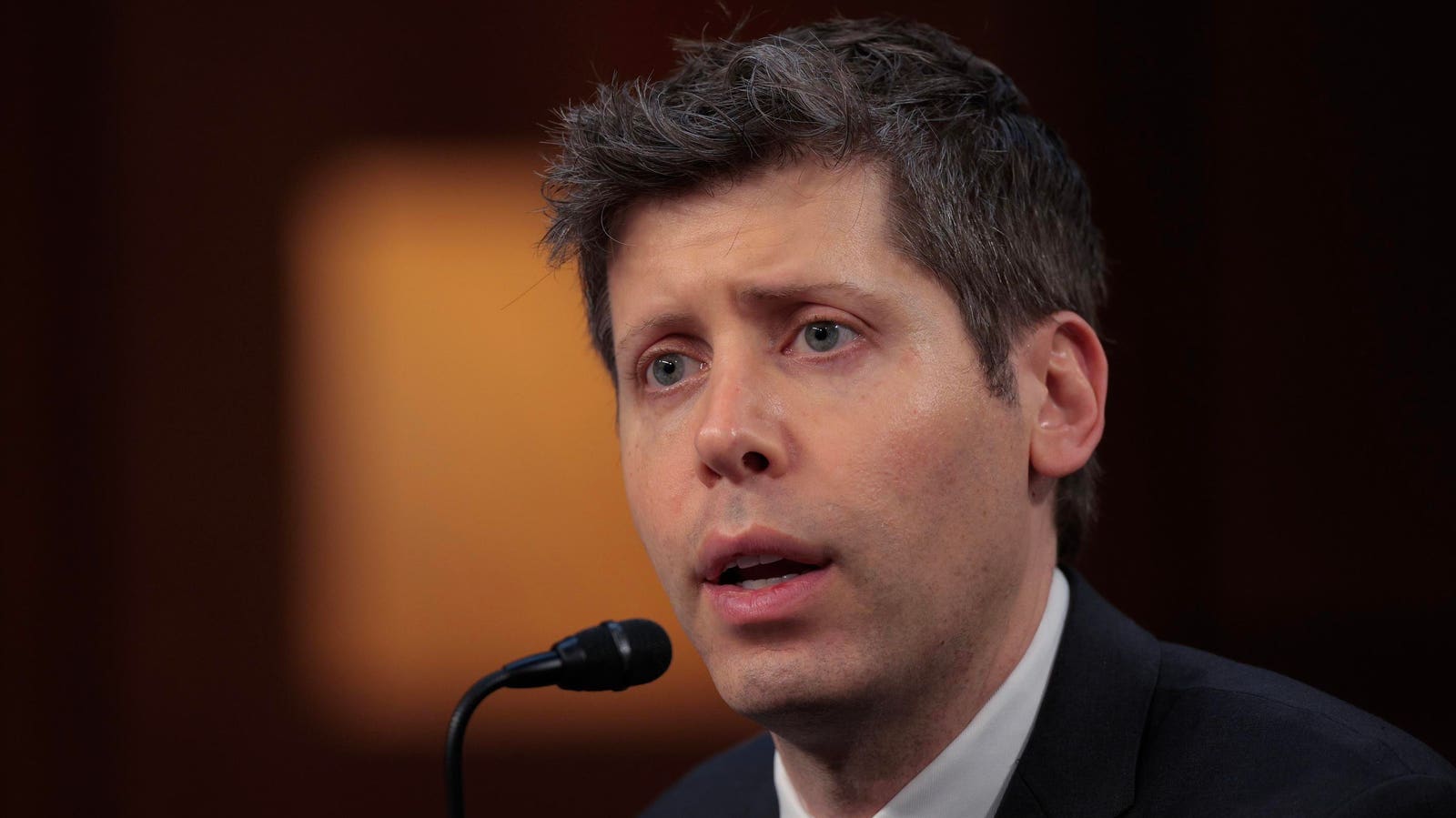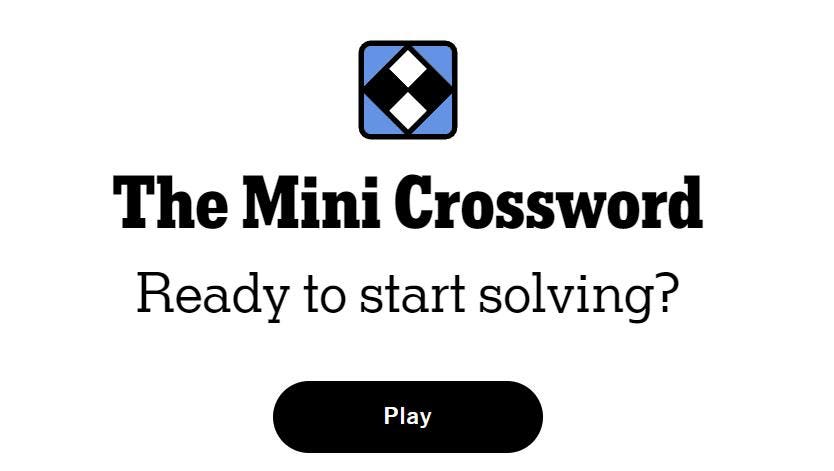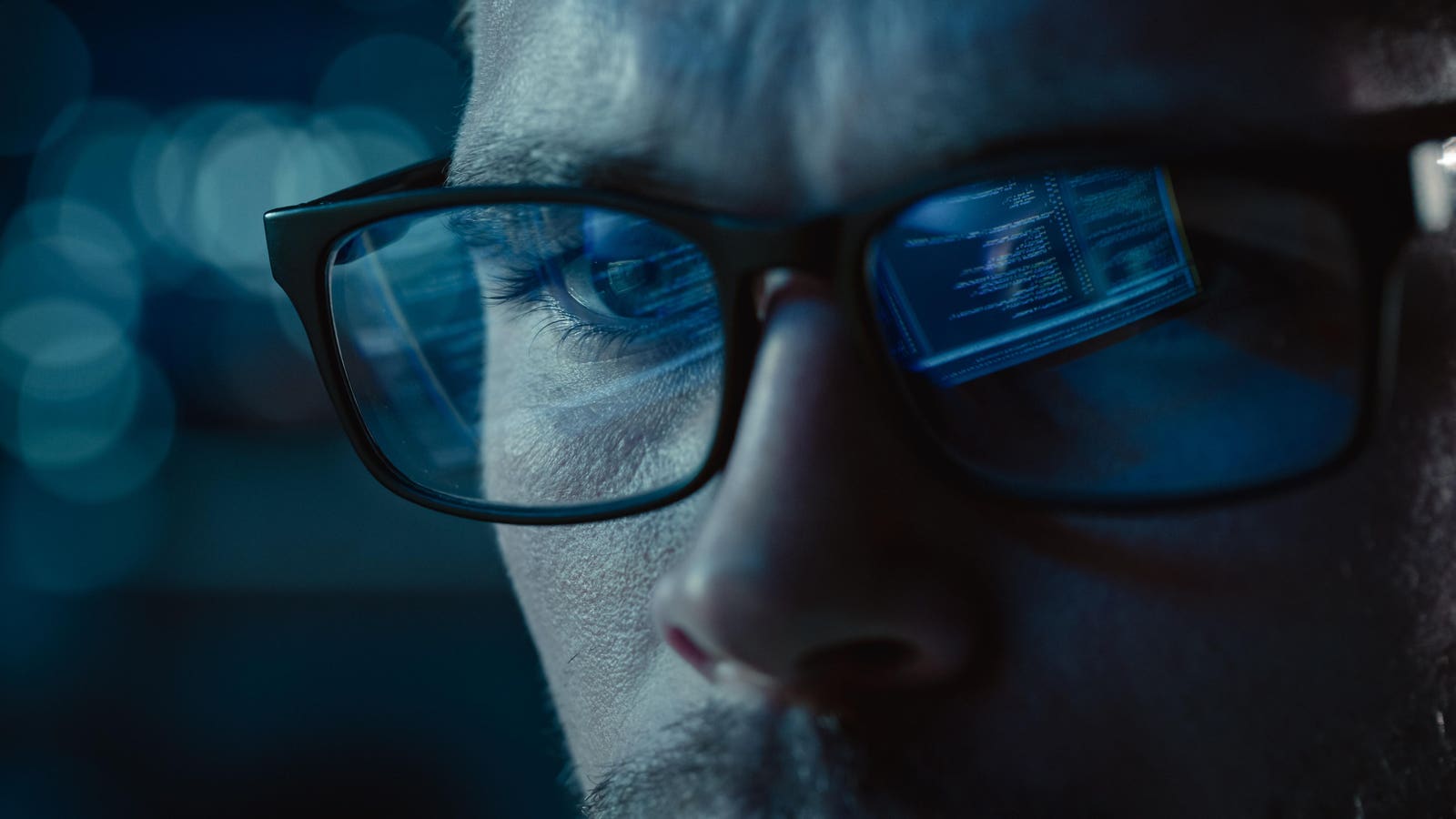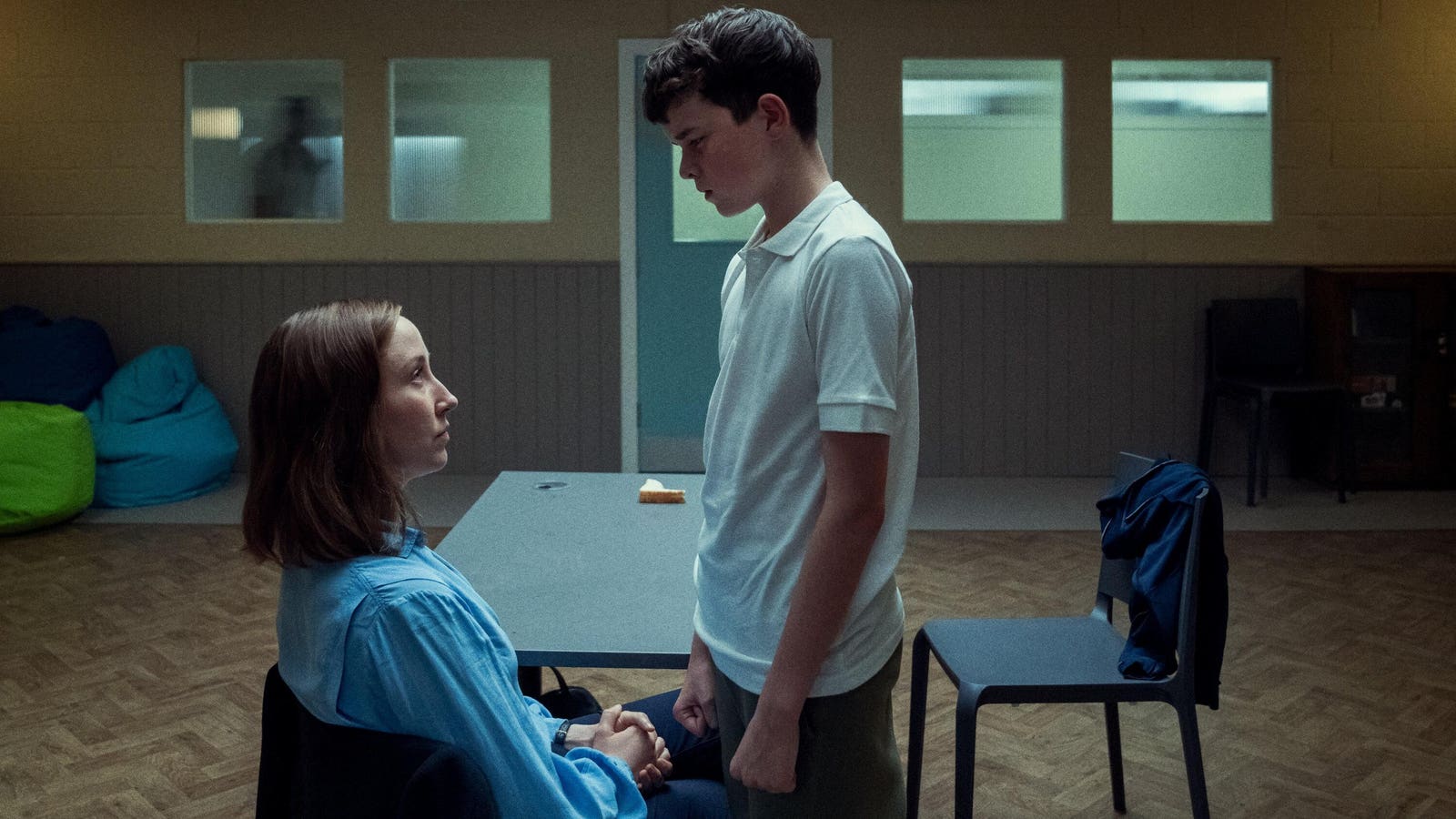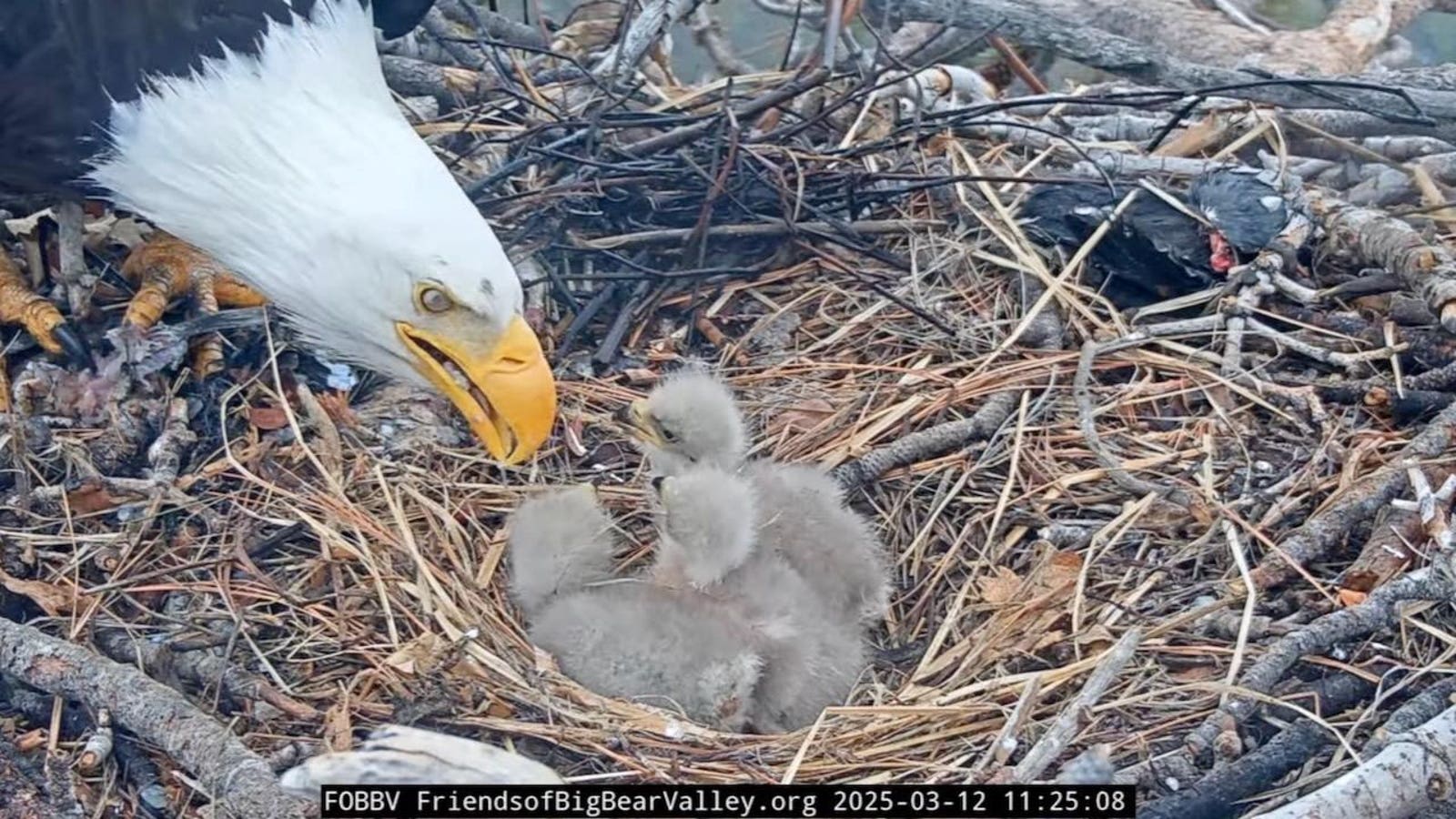Topline
Right-wing commentator Tucker Carlson questioned OpenAI head Sam Altman this week about the death of former OpenAI employee Suchir Balaji, reviving a conspiracy theory boosted by Elon Musk that Balaji was murdered for his attacks on OpenAI—as Altman and law enforcement maintain the death was by suicide.
OpenAI CEO Sam Altman testifies before the Senate Committee on Commerce, Science, and Transportation on May 8 in Washington, DC.
Getty Images
Key Facts
Carlson released an interview with Altman on Wednesday afternoon, in which he questioned the tech mogul about Balaji’s death, as the 26-year-old former OpenAI researcher was found dead in his San Francisco apartment in November after sustaining a gunshot to the head—shortly after Balaji had gone public with criticism of OpenAI.
Altman called Balaji’s death a “great tragedy” and said he was “really shaken” by it, and maintained he believed the death “looks like a suicide,” telling Carlson that while he initially thought the death “sounded very suspicious,” he ultimately believed the death to be a suicide after seeing additional official reports about the case.
Carlson pushed back on Altman’s comments, claiming he believes Balaji was “definitely murdered” and he “[doesn’t] understand how the authorities can kind of dismiss it as a suicide.”
The conversation revived speculation over Balaji’s death, as the tech employee’s parents and others have suggested they believe Balaji was killed for his opposition to OpenAI, a theory that the company strongly denies and that goes against law enforcement’s investigation of the case.
The conspiracy theory suggesting Balaji was killed has been spread by such high-profile figures as Altman’s longtime rival Musk, who has repeatedly posted about Balaji, most recently saying Thursday in response to Carlson’s interview, “He was murdered.”
What Have Authorities Confirmed About Suchir Balaji’s Death?
San Francisco law enforcement and the city’s Office of the Medical Examiner ruled shortly after Balaji’s death that it was a suicide, telling Forbes in a statement at the time that “no foul play was found during the initial investigation.” Officials reached the same conclusion when Balaji’s autopsy report was released a few months later, which showed there had been no signs of forced entry into his apartment, that Balaji had purchased the gun he was shot with and had recently searched online for information about the brain’s anatomy. He also had a blood alcohol concentration of 0.178% at the time of his death, which is more than twice the legal limit, and some drugs including the depressant GHB were found in his system. His parents told authorities that Balaji had not exhibited any signs of suicidal ideation or attempted suicide in the past, but said he “had experienced significant stress recently,” as he “had quit his job and was actively seeking new employment.”
What Do His Parents Allege?
Contrary to the official findings about Balaji’s death, his parents have maintained their belief that he was murdered in retaliation for his comments about OpenAI. His mother, Poornima Ramarao, previously sat down with Carlson and told him she believes OpenAI “attacked [Balaji] and killed him” because he had documents against the company, and the family has pursued its own investigation into Balaji’s death, believing the official investigation to be insufficient. They commissioned a second autopsy of Balaji’s body, which Ramarao told The San Francisco Examiner showed evidence that the gunshot’s trajectory was “atypical” for a suicide and there was evidence of a potential injury to the side of his head in addition to the gunshot wound. The family also hired its own crime scene investigators to examine Balaji’s apartment, with that investigator calling for authorities to reexamine the tech worker’s home based on their initial review of the space. Ramarao has pointed to numerous factors to justify her claims that Balaji was murdered, many of which Carlson repeated in his interview with Altman, including the lack of a suicide note, that blood was allegedly found in multiple rooms of Balaji’s apartment and that wires for the video cameras in his building’s elevator appeared to have been cut prior to Balaji’s death. Those allegations have not been substantiated by official reports.
What Did Sam Altman Say?
In his interview with Carlson, Altman was offended by Carlson’s insinuation that he may have had something to do with Balaji’s death, describing the late tech worker as a “friend” and “wonderful person” and saying he “spent a lot of time trying to read everything I could” about the case. Altman said he had not spoken to authorities about the case, and that he had offered to speak with Balaji’s mother, but she had refused. Altman felt “strange and sad debating” the circumstances of Balaji’s death, the OpenAI founder told Carlson, and though he said Carlson is “just trying to get to the truth of what happened,” he thinks Balaji’s “memory and his family deserve to be treated with a level of respect and grief that I don’t quite feel here.” The tech leader said he can also understand Balaji’s parents’ efforts to push for more answers about their son’s death. “If I were his family, I am sure I would want answers and I’m sure I would not be satisfied with any—I mean, there’s nothing that would comfort me in that. So I get it,” he told Carlson. “But I also care a lot about respect to him.”
What Did Suchir Balaji Say About Openai?
Balaji spoke with The New York Times in October 2024, a few months after he left OpenAI in August due to concerns about how the company was using copyrighted material to train its model. Balaji, who helped research content used to create ChatGPT, told the Times he believed the company’s use of copyrighted material went beyond what’s allowed under federal copyright law, and that AI was ultimately changing society for the worse by damaging the commercial viability of the original creations and businesses that got fed into the AI model. “This is not a sustainable model for the internet ecosystem as a whole,” Balaji told the Times, also saying about his departure from OpenAI, “If you believe what I believe, you have to just leave the company.” Balaji also published an essay on his personal website outlining his arguments for ChatGPT’s alleged lack of compliance with federal copyright law, and, days before his death, he was identified in a court filing as a likely witness for the Times’ lawsuit against OpenAI alleging copyright infringement. OpenAI has denied any copyright infringement and maintains that its use of outside works falls under the “fair use” exemptions under federal copyright laws, telling the Times, “We build our A.I. models using publicly available data, in a manner protected by fair use and related principles, and supported by longstanding and widely accepted legal precedents. We view this principle as fair to creators, necessary for innovators, and critical for US competitiveness.”
What To Watch For
Balaji’s mother has suggested her investigation into her son’s death remains ongoing. She has been fundraising on social media for the continued investigation, and in a video uploaded to her X account in August, Ramarao told her followers the family next planned to hire a specialist to create a 3-D view of Balaji’s apartment for a “crime reconstruction.” She also said Wednesday she intends to release a podcast responding to Altman’s comments on her son’s death.
Tangent
Musk’s comments about Balaji’s death should be considered in light of the billionaire’s public falling out with Altman and OpenAI. Musk was initially a founder of OpenAI along with Altman before he left the company a few years later, and the two tech giants’ relationship has devolved into a public feud marked by name-calling, accusatory lawsuits and efforts to compete with each other’s signature tech products. OpenAI is in the process of pursuing social media and self-driving tech projects to compete with X and Tesla, while Altman has also backed brain-computer interface startup Merge Labs, a competitor to Musk’s Neuralink. Musk, meanwhile, went on to create xAI after departing OpenAI, launching the xAI chatbot Grok as a direct rival to ChatGPT. Carlson asked Altman in their interview about his thoughts on Musk, with Altman saying that while he used to view the Tesla CEO as “just an incredible hero and great jewel of humanity,” he has “different feelings now.” “There are things about him that are incredible and I’m grateful for a lot of things he’s done,” Altman said. “There’s a lot of things about him that I think are traits I don’t admire.” The OpenAI CEO said he believed Musk got “understandably upset” that OpenAI continued to flourish after he departed the company, claiming Musk told OpenAI it “had a 0% chance of success.” “And since then he … runs a competitive kind of clone and has been trying to slow us down and sue us and do this and that,” Altman said.

